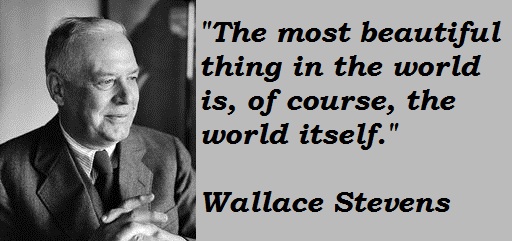
Excerpt: "For more than ten years, the consciousness of the world has concentrated on events which have made the ordinary movement of life seem to be the movement of people in the intervals of a storm"
Wallace Stevens On Reality, Creativity, And Our Greatest Self-Protection From The Pressure Of "The News"
“A society must assume that it is stable,” James Baldwin wrote in his timeless treatise on the creative process, “but the artist must know, and he must let us know, that there is nothing stable under heaven.” And yet, paradoxically, in the very act of exposing the abiding instability of existence, art moors us to a sense of the eternal and becalms our momentary tumults against the raging ocean that has always washed, and will always wash, the shoreline of the human spirit. The poet Robert Penn Warren captured this beautifully in his meditation on the vital role of art in a thriving democracy, in which he asserted that art “is the process by which, in imagining itself and the relation of individuals to one another and to it, a society comes to understand itself, and by understanding, discover its possibilities of growth.”

A generation earlier, Wallace Stevens (October 2, 1879–August 2, 1955), another Pulitzer-winning poet, examined a complementary aspect of the relationship between culture and creativity in his astonishingly timely 1951 book The Necessary Angel: Essays on Reality and the Imagination (public library), titled after a line from one of Stevens’s most beloved poems: “I am the necessary angel of earth, / Since, in my sight, you see the earth again, / Cleared of its set and stubborn, man-locked set…”
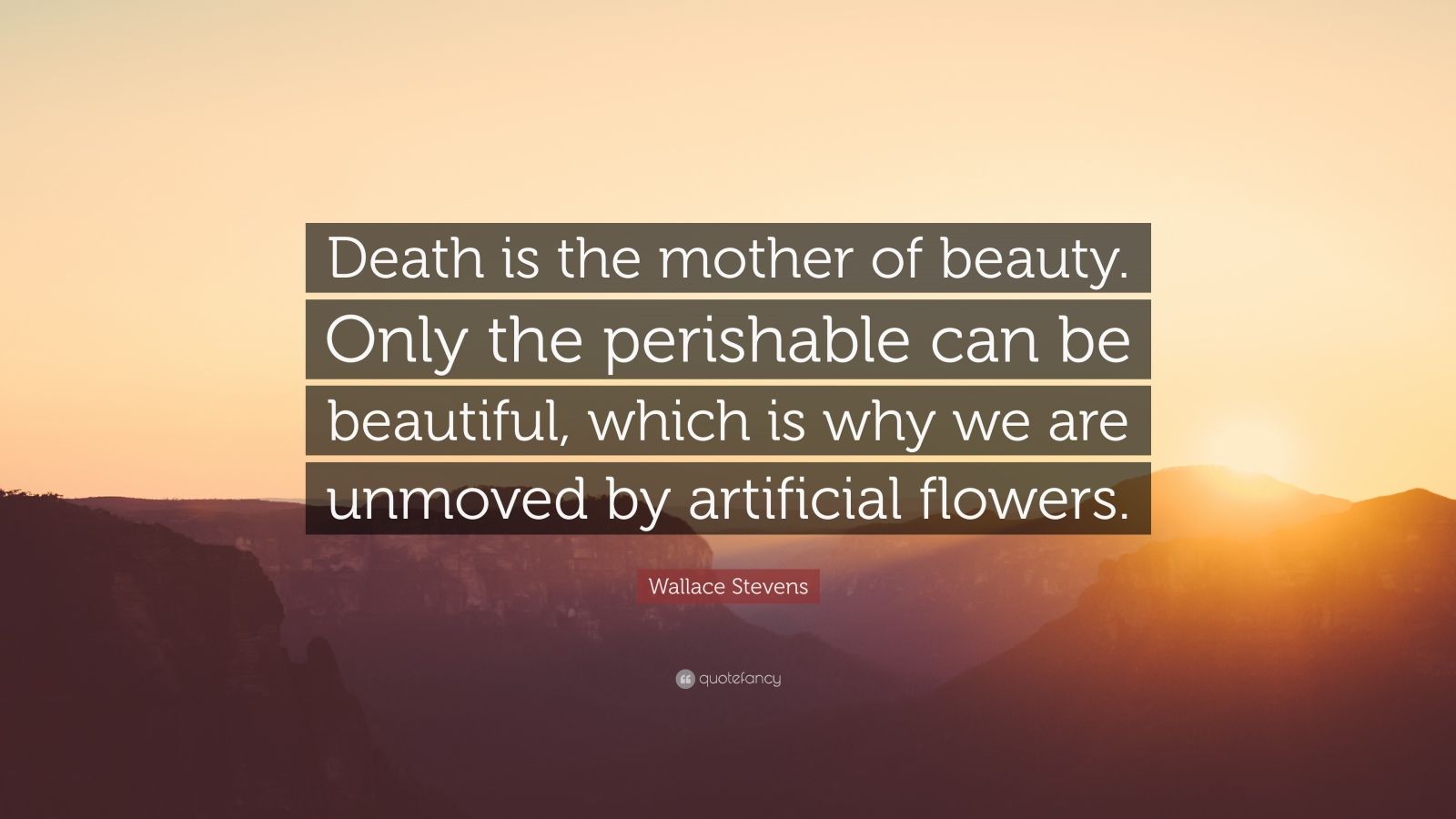
Stevens controverts the notion that the imagination is a counterpoint to reality and instead insists that the two are in essential interplay:
The imagination loses vitality as it ceases to adhere to what is real… There are degrees of the imagination, as, for example, degrees of vitality and, therefore, of intensity. It is an implication that there are degrees of reality.
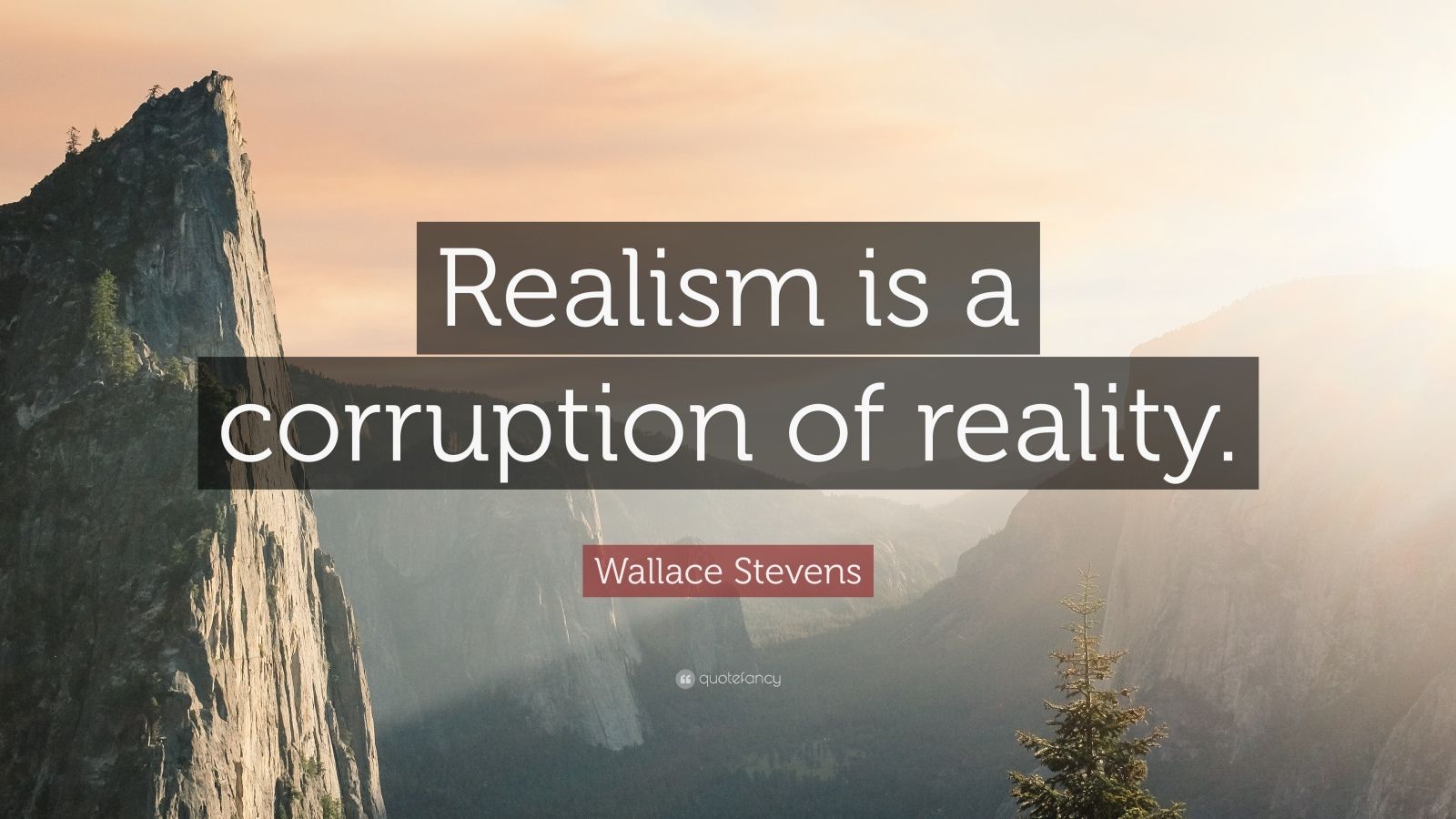
He points to nobility as a defining characteristic of the imagination — the means by which the creative spirit protects its interior integrity from what he calls “the pressure of reality,” a pressure of immense and almost unbearable intensity today. In a passage of astounding prescience, Stevens writes a decade after the end of of WWII and more than half a century before the present tyranny of the 24/7 news cycle:
By the pressure of reality, I mean the pressure of an external event or events on the consciousness to the exclusion of any power of contemplation.
[…]For more than ten years now, there has been an extraordinary pressure of news — let us say, news incomparably more pretentious than any description of it, news, at first, of the collapse of our system, or, call it, of life; then of news of a new world, but of a new world so uncertain that one did not know anything whatever of its nature, and does not know now, and could not tell whether it was to be all-English, all-German, all-Russian, all-Japanese, or all-American, and cannot tell now; and finally news of a war, which was a renewal of what, if it was not the greatest war, became such by this continuation. And for more than ten years, the consciousness of the world has concentrated on events which have made the ordinary movement of life seem to be the movement of people in the intervals of a storm. The disclosures of the impermanence of the past suggested, and suggest, an impermanence of the future. Little of what we have believed has been true… It is a question of pressure, and pressure is incalculable and eludes the historian. The Napoleonic era is regarded as having had little or no effect on the poets and the novelists who lived in it. But Coleridge and Wordsworth and Sir Walter Scott and Jane Austen did not have to put up with Napoleon and Marx and Europe, Asia and Africa all at one time. It seems possible to say that they knew of the events of their day much as we know of the bombings in the interior of China and not at all as we know of the bombings of London, or, rather, as we should know of the bombings of Toronto or Montreal.
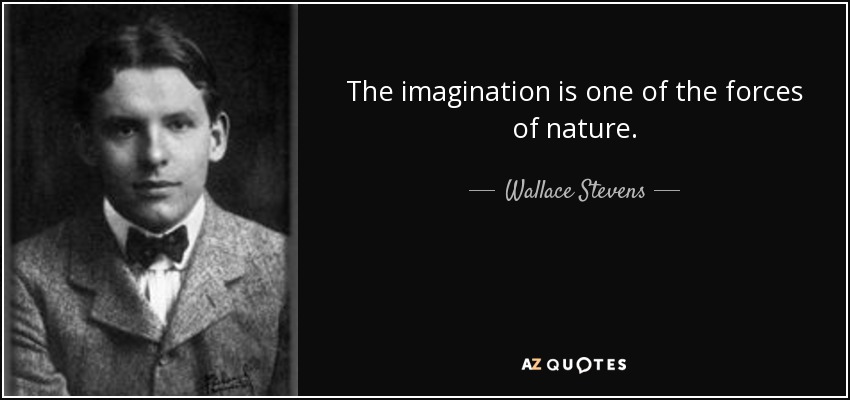
With an eye to the disorientation of the transitional era in which he is writing — an era perhaps as transitional and disorienting as our own — Stevens examines the familiar helplessness of witnessing reality crumble:
Rightly or wrongly, we feel that the fate of a society is involved in the orderly disorders of the present time. We are confronting, therefore, a set of events, not only beyond our power to tranquillize them in the mind, beyond our power to reduce them and metamorphose them, but events that stir the emotions to violence, that engage us in what is direct and immediate and real, and events that involve the concepts and sanctions that are the order of our lives and may involve our very lives; and these events are occurring persistently with increasing omen, in what may be called our presence. These are the things that I had in mind when I spoke of the pressure of reality, a pressure great enough and prolonged enough to bring about the end of one era in the history of the imagination and, if so, then great enough to bring about the beginning of another.
The imagination, Stevens argues, is our mightiest survival mechanism in such tumultuous times — those endowed with a great magnitude of it are better able to withstand these crushing pressures of reality:
It is one of the peculiarities of the imagination that it is always at the end of an era. What happens is that it is always attaching itself to a new reality, and adhering to it. It is not that there is a new imagination but that there is a new reality. The pressure of reality may, of course, be less than the general pressure that I have described. It exists for individuals according to the circumstances of their lives or according to the characteristics of their minds. To sum it up, the pressure of reality is, I think, the determining factor in the artistic character of an era and, as well, the determining factor in the artistic character of an individual. The resistance to this pressure or its evasion in the case of individuals of extraordinary imagination cancels the pressure so far as those individuals are concerned.

From this vantage point of the imagination as an antidote to the pressure of reality, he considers the essential existential task of the creative person:
[The artist] must be able to abstract himself and also to abstract reality, which he does by placing it in his imagination… It imperative for him to make a choice, to come to a decision regarding the imagination and reality; and he will find that it is not a choice of one over the other and not a decision that divides them, but something subtler, a recognition that here, too, as between these poles, the universal interdependence exists, and hence his choice and his decision must be that they are equal and inseparable.
A century and a half after John Keats contemplated the three levels of reality, Steven offers his own taxonomy of reality’s three stages across modern history:
First … there is the reality that is taken for granted, that is latent and, on the whole, ignored. It is the comfortable American state of life of the [nineteen] eighties, the nineties and the first ten years of the [twentieth] century. Next, there is the reality that has ceased to be indifferent, the years when the Victorians had been disposed of and intellectual minorities and social minorities began to take their place and to convert our state of life to something that might not be final. This much more vital reality made the life that had preceded it look like a volume of Ackermann’s colored plates or one of Töpfer’s books of sketches in Switzerland… Reality then became violent and so remains. This much ought to be said to make it a little clearer that in speaking of the pressure of reality, I am thinking of life in a state of violence, not physically violent, as yet, for us in America, but physically violent for millions of our friends and for still more millions of our enemies and spiritually violent, it may be said, for everyone alive.

While Stevens focuses on poetry, he uses the word “poet” much like James Baldwin did, to connote all artists. But he counters Baldwin’s notion of the artist as “a sort of emotional or spiritual historian” with his own vision of the artist as a sort of emotional or spiritual futurist. Stevens writes:
A possible poet must be a poet capable of resisting or evading the pressure of the reality of this last degree, with the knowledge that the degree of today may become a deadlier degree tomorrow.
And yet, he argues, the artist must not create out of a mere sense of social duty — any political dimension of art should be a consequence but not a cause:
Reality is life and life is society and the imagination and reality; that is to say, the imagination and society are inseparable… Yes: the all-commanding subject-matter of poetry is life, the never-ceasing source. But it is not a social obligation. One does not love and go back to one’s ancient mother as a social obligation. One goes back out of a suasion not to be denied. Unquestionably if a social movement moved one deeply enough, its moving poems would follow. No politician can command the imagination, directing it to do this or that.

Certainly it is not to lead people out of the confusion in which they find themselves. Nor is it, I think, to comfort them while they follow their readers to and fro. I think that [the artist’s] function is to make his imagination theirs and that he fulfills himself only as he sees his imagination become the light in the minds of others. His role, in short, is to help people to live their lives.

Photograph by Maria Popova
But alongside this necessary fidelity to reality is also the supreme function of the artist’s imagination — the ability to transcend what is and to envision a different, better version of what could be. (Ursula K. Le Guin would speak to this splendidly in her essay on how our imaginative storytelling enlarges our scope of the possible.) Once again speaking to poetry with insight that applies equally to all creative endeavors, Stevens offers:
The poetic process is psychologically an escapist process… Since what makes the poet the potent figure that he is, or was, or ought to be, is that he creates the world to which we turn incessantly and without knowing it and that he gives to life the supreme fictions without which we are unable to conceive of it.
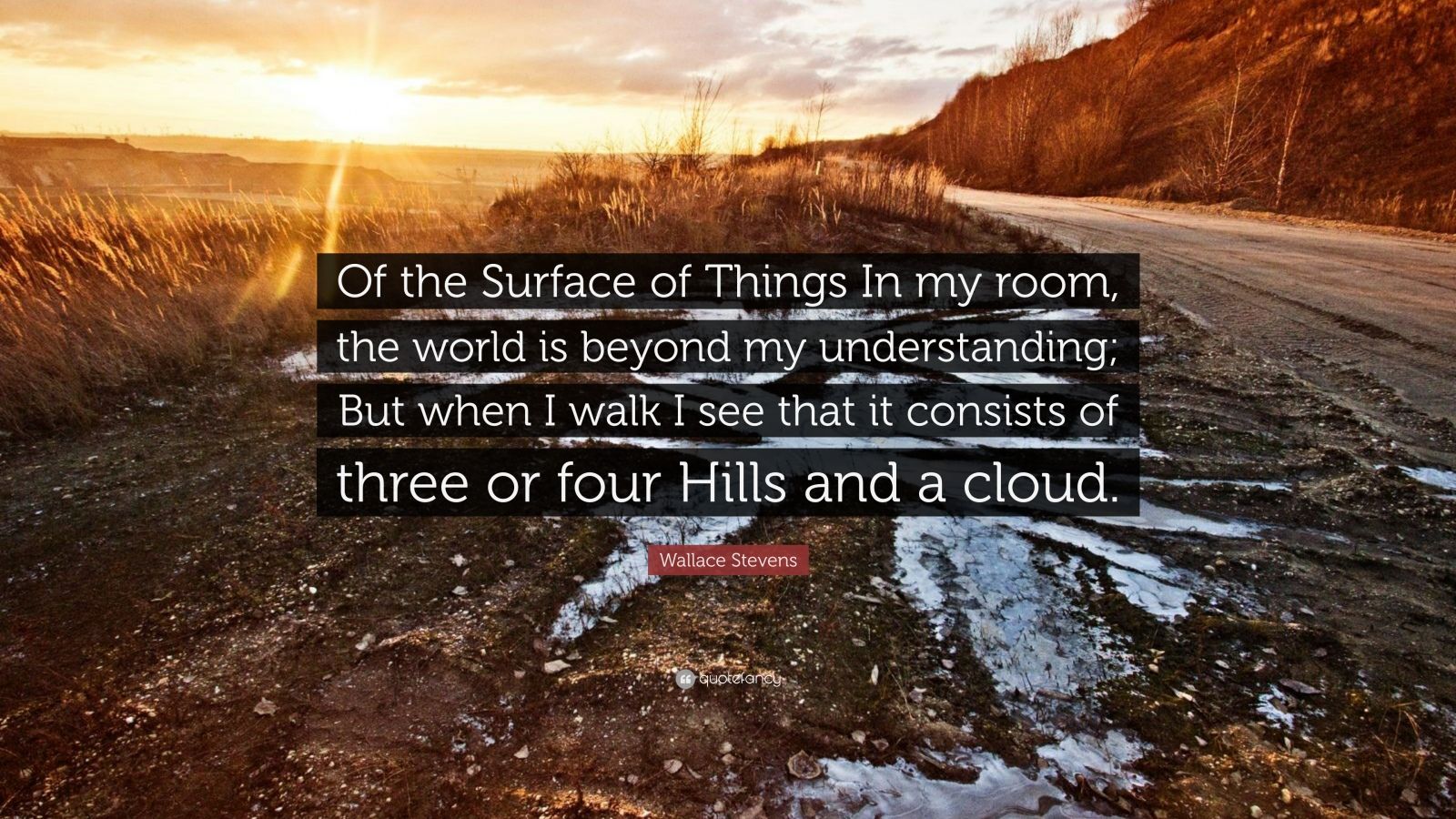
He returns to the notion of nobility as the central animating force of the imagination. In another passage of acute and almost tragic pertinence to our own time, in which the destructively cynical is routinely replacing the ennobling, Stevens writes:
I cannot be sure that the decline, not to say the disappearance of nobility is anything more than a maladjustment between the imagination and reality… It is not only that the imagination adheres to reality, but, also, that reality adheres to the imagination and that the interdependence is essential.
[…]The imagination gives to everything that it touches a peculiarity, and it seems to me that the peculiarity of the imagination is nobility, of which there are many degrees. This inherent nobility is the natural source of another, which our extremely headstrong generation regards as false and decadent. I mean that nobility which is our spiritual height and depth… But there it is. The fact that it is there is what makes it possible to invite to the reading and writing of poetry men of intelligence and desire for life.
Stevens concludes with a luminous lens on the supreme duty of creative work, be it poetry or any other form of art:
For the sensitive poet, conscious of negations, nothing is more difficult than the affirmations of nobility and yet there is nothing that he requires of himself more persistently, since in them and in their kind, alone, are to be found those sanctions that are the reasons for his being and for that occasional ecstasy, or ecstatic freedom of the mind, which is his special privilege.
[…]As a wave is a force and not the water of which it is composed, which is never the same, so nobility is a force and not the manifestations of which it is composed, which are never the same… It is not an artifice that the mind has added to human nature. The mind has added nothing to human nature. It is a violence from within that protects us from a violence without. It is the imagination pressing back against the pressure of reality. It seems, in the last analysis, to have something to do with our self-preservation; and that, no doubt, is why the expression of it, the sound of its words, helps us to live our lives.
The Necessary Angel is a beautiful read in its entirety. Complement it with this mobilizing modern manifesto for making art in difficult times and poet Elizabeth Alexander on what sets great artists apart, then revisit Baldwin’s timeless meditation on the artist’s responsibility to society.
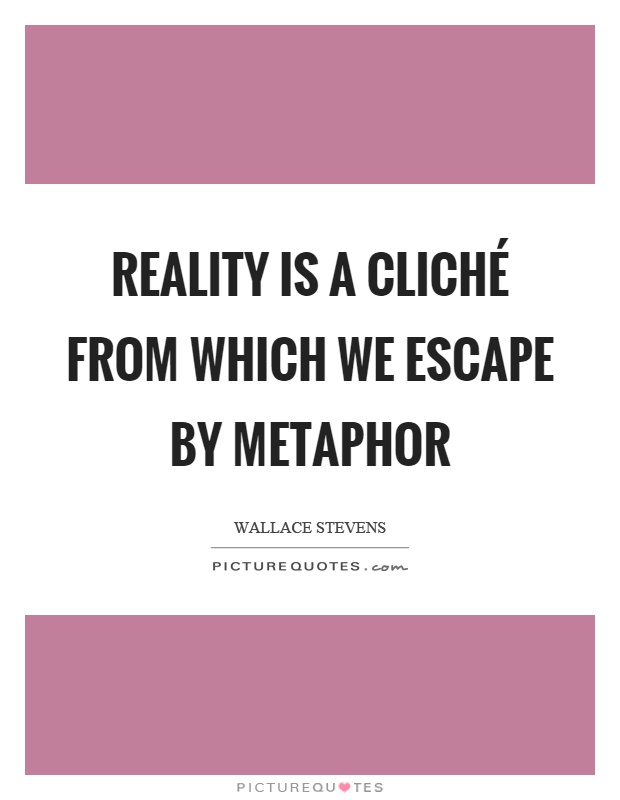
No comments:
Post a Comment